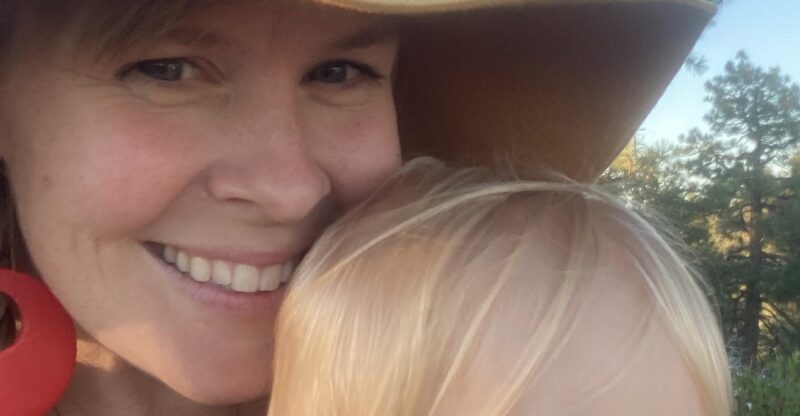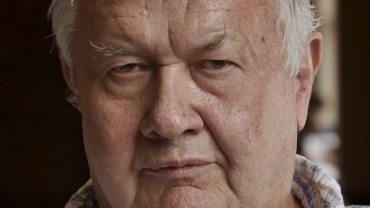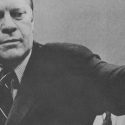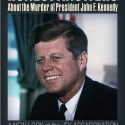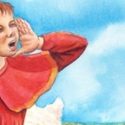The Journey 119. Michelle Fulton: Pregnancy Loss and Its Gifts
Publisher Kris Millegan speaks with Michelle Fulton, co-author with husband Christopher of THE INHERITANCE: Poisoned Fruit of JFK’s Assassination, about her new book, YOU’RE NOT ALONE: Shared Stories of Pregnancy Loss, the power of breaking the taboo of silence, the mothers who endured multiple miscarriages and stillbirths yet persevered, and the “You’re Not Alone” Book Signing and Pregnancy Loss Resource Fair at the Healthy Hippie Trading Co. in Tehachapi, CA on February 10, from 2:00-4:30pm/PST. Click HERE to see that group-page on Facebook for more information.
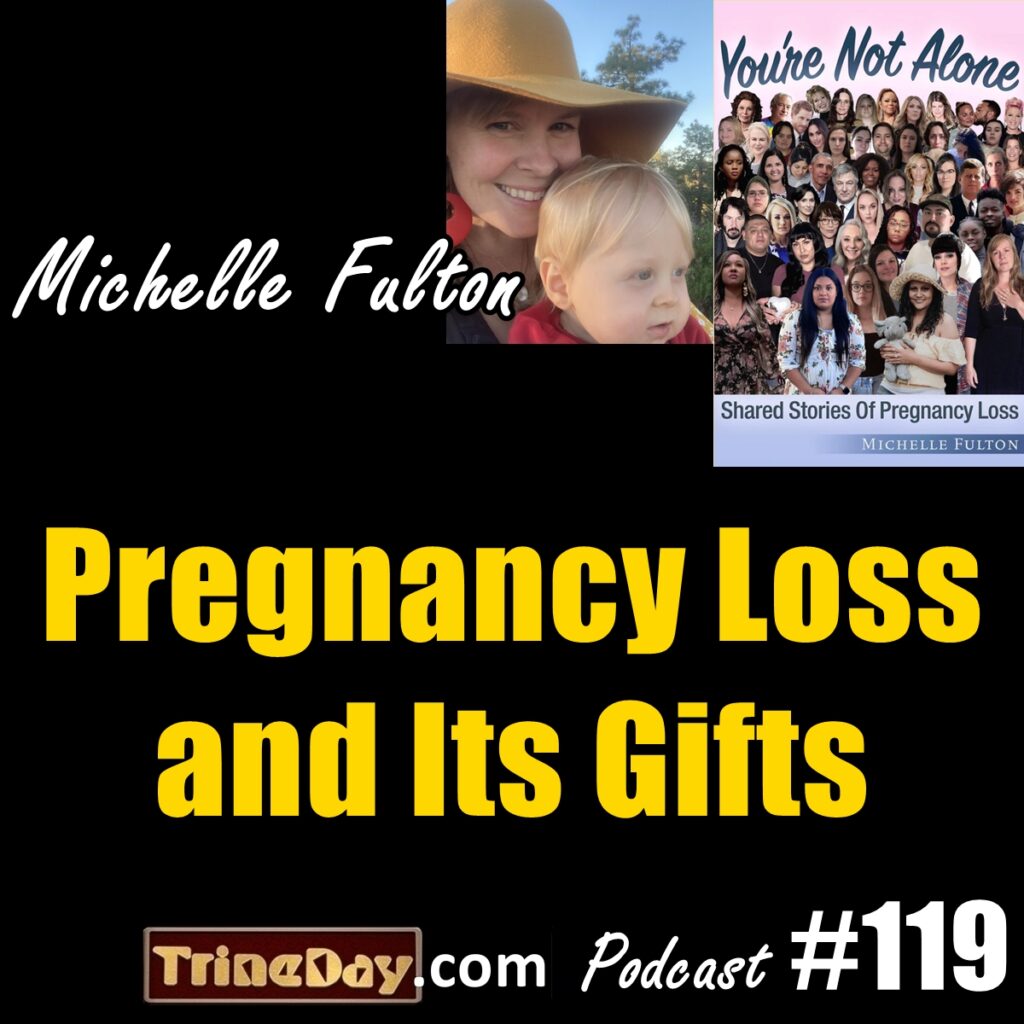
Kris: Your recent book is not really up TrineDay’s alley, you might say. It was bigger than sad when your pregnancy was about done, and you lost the baby.
My mom had several miscarriages. Then, in the 50s, it kind of wasn’t talked about at all. One thing I’ve learned in life is that, when things don’t get talked about, it causes problems. Because they get stuffed into little places, and then they fester.
And you said that you wanted to do this book about pregnancy loss, and I said, “Yes. Let’s do it.” And I’m very glad I did.
Michelle: [Losing a baby] is not an easy thing to face, especially when it wasn’t talked about very much [as in your mother’s time]. It is still considered a taboo subject, and people are very uneasy talking about pregnancy loss. And that is part of the reason why I wanted to write the book.
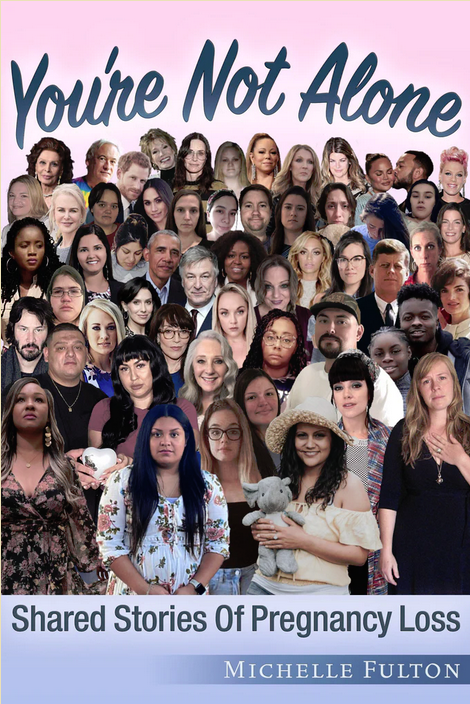
It was actually [my husband] Christopher’s idea to write a book as a way to kind of cope and heal and process. [My son Cole] was just about to be born. I was 39 weeks and 5 days pregnant. It was the longest I had ever carried a baby, so every day that passed, we were elated.
Then I went in for a routine checkup with my midwife, and he just had no heartbeat. Just silence.
It changes you. It’s not something you get over. You kind of have to have to come to terms with the fact that it will never go back to normal. This is going to be a new you; like experiencing sadness with happiness every time you’re happy for the rest of your life, and realizing that that’s okay.
Kris: My older sister, she was supposed to be born in November and was born in August, so she was very much a preemie in the ‘40s and she went into an incubator, and at that point in time, 80 percent of the kids who went into incubators went blind.
Michelle: It’s lovely how working on this book kind of helped me heal and rebuild myself. After I lost Cole my whole sense of reality was just skewed, and essentially I had to rebuild my whole foundation of what was true; of probability versus possibility. It was scary, and difficult.
But I ended up joining all of these loss groups for moms and dads who had lost their baby during pregnancy or during infancy, with the intention to collect stories and put this book together, [never thinking] to help myself and talk to people and have open ears and open hearts to understand what I was going through. But I did get that for myself.
It was incredible. There were women who had had eighteen-plus miscarriages. Women who had had stillbirths multiple times. It astounded me. Like you said. The perseverance. To keep fighting for life. For the privilege to be a parent. It was painful and heartening and amazing and inspiring.
When people don’t talk [about these kinds of things], it kind of gets stuffed away in a dark box. In a dark corner. And it’s not forgotten about. It still weighs heavy. Like people who hoard. They keep all their stuff. And it ends up chocking them.
And that’s why I wanted to put this book out, not only as a voice for myself and to immortalize my baby boy on pages but to give other loss parents a voice as well. It’s tough. There were times when I had to take months off.
My brain stopped working the same way. The grief that I experienced changed not just how I thought but how my brain worked. I started spelling words incorrectly. I couldn’t face sending emails. I had over 40 contributors to the book when I called out for stories. And sometimes I would get an email and I couldn’t respond to it. I would sit there looking at it for two weeks, because the emotional toll and energy it would take to write back would be too much. Until it wasn’t.
I’m taking things in a much more organic way now. I let things happen.
Kris: One of my daughters, ever since she was little, wanted to be a mom. Can you talk a little about women’s role in society and how much that effects them?
Michelle: Everyone is different. I have friends who said they wanted to have kids because they felt that that’s what society intended for them, that that is what they should do to be right in society’s eyes. And when they concluded that they didn’t want to have kids, they were much happier. They felt like themselves for the first time in so long.
And there are others like myself and your daughter – I knew forever that I wanted to be a mom.
On February 10th my book launch has turned into the “You’re Not Alone” Book Signing and Pregnancy Loss Resource Fair [at the Healthy Hippie Trading Co. in Tehachapi, CA, on February 10, 2:00-4:30pm/PST. From that group-page on Facebook: “We will have two hypnotherapists, Linda Cummings and Carrie Cesario, there to speak, as well as therapist, Susan Harris, and Noel Alexandria Foundation founder and story contributor, Trinity Brown. Nikki Echabarne, a postpartum doula with a focus on grief, will lead us through a thought exercise. Justina Engen, a contributor to the book and creative staple in Tehachapi, will speak and lead a workshop creating memorial keepsakes with Becca Dillenbeck. I will speak about the book [and] the benefits of using music to heal, and lead a breathing exercise.”]
I’m hoping even people with no experience with pregnancy loss will come. We’re going to open conversation and say, “This isn’t taboo anymore.”
Bruce de Torres: Michelle, you described the gifts that Cole has given you. Is there another you’d like to share?
Michelle: Yes. He brought me closer to God. I was raised Christian. But like a rebellious teenager going against their parents, I had that moment of “I can handle this myself.” And it was a long time. It changed a little when I started having children and naturally turned back in that direction.
When I lost Cole, I felt like I was spinning in dark space. There was nothing to hold onto. Christopher’s experiences [of being tortured] allowed him to be this incredible pillar for me. And I realized how much I needed God. And [the relationship I now have with God] feels like for the first time. And Cole, he’s with me all of the time. Those are some of the big gifts.





